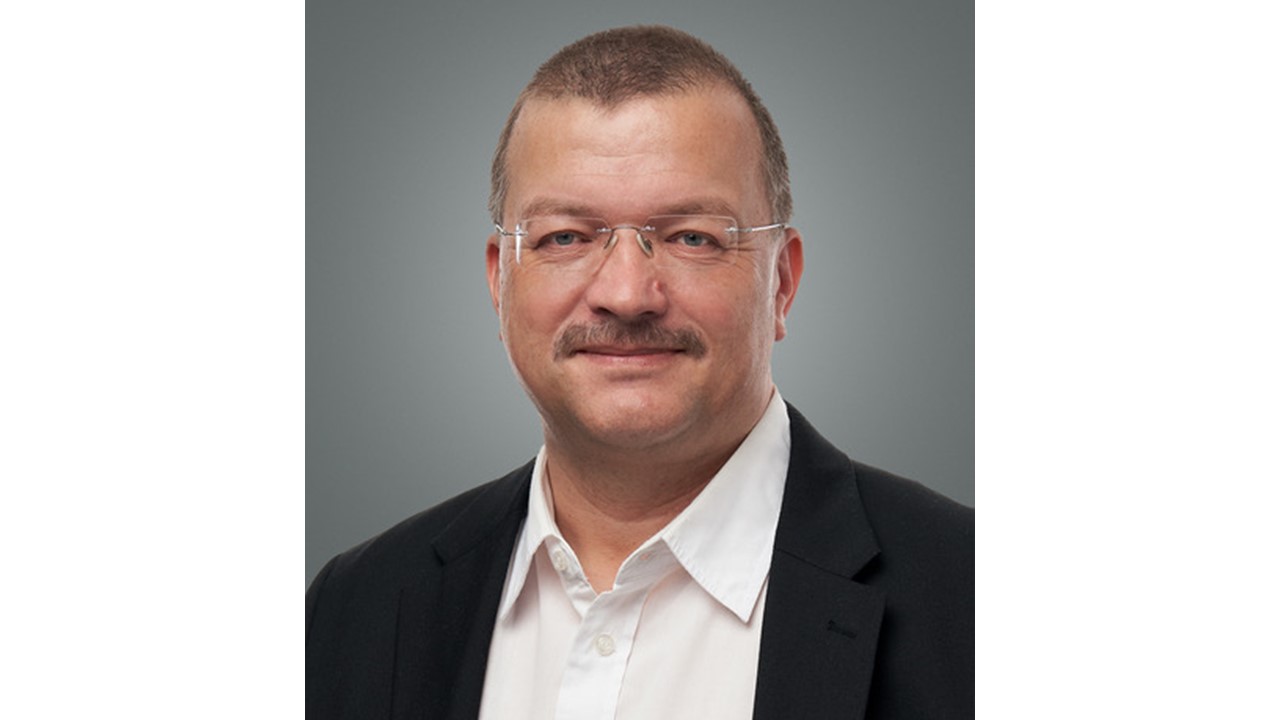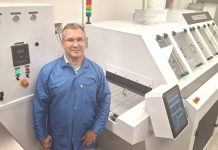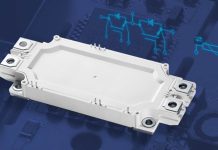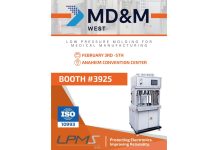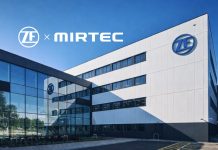Indium Corporation Regional Technical Manager and Technologist – Advanced Applications Andreas Karch will present at iNEMI’s upcoming seminar, Humidity Robustness and Isolation Coordination for e-Mobility. The seminar, hosted by ZESTRON Europe, will be held on September 27 in Ingolstadt, Germany.
Andreas’ presentation, No-Clean Flux Residues in Automotive Applications Must Meet Higher Requirements, will examine the influence of no-clean flux chemistries on the reliability of automotive PCB applications. In particular, the study focuses on failure caused by dendritic growth for high-power, low-standoff components for enhanced SIR conditions.
Due to increased automotive electrification (48V, HEV, EV) and the subsequent utilization of high-power components such as DPAKs and Power-QFNs in under-the-hood electronics, the SIR (Surface Insulation Resistance) specifications for evaluating the electrical reliability of no-clean solder paste flux chemistry have also become more stringent. For example, test voltage has increased from 5V to 10–50V, test time has increased from 168 to 500–1,000 hours, pitch has decreased from 0.5mm to 0.2–0.3mm, and minimum SIR threshold has increased from 100MΩ to 500MΩ.
No-clean solder pastes are normally used in automotive PCB assembly to solder low-standoff components such as DPAKs and power-QFNs (gap between the PCB pad and the component underbody is typically under 75µ).
“During reflow, volatiles in the flux chemistry such as activators and solvents boil off; however, a lower standoff reduces the opportunity for the flux volatiles to vent, resulting in ‘wet’ flux residue post-reflow,” said Andreas. “It is, therefore, critical that the no-clean flux residue does not cause ionic dendritic growth and corrosion under low-standoff power components, throughout the working life of the product.”
Andreas serves as Technologist – Advanced Applications and Technical Manager for Germany, Austria, and Switzerland for Indium Corporation. He has more than 20 years of experience in automotive electronics and power electronics, including the development of advanced customized solutions. In 2014, the Austrian Patent Office awarded him the “Inventum” award for his patent for innovate LED automotive lighting as one of the top ten applicants. He is an ECQA-certified development engineer and has earned the Six Sigma Yellow Belt.
About Indium Corporation
Indium Corporation® is a premier materials refiner, smelter, manufacturer, and supplier to the global electronics, semiconductor, thin-film, and thermal management markets. Products include solders and fluxes; brazes; thermal interface materials; sputtering targets; indium, gallium, germanium, and tin metals and inorganic compounds; and NanoFoil®. Founded in 1934, the company has global technical support and factories located in China, Germany, India, Malaysia, Singapore, South Korea, the United Kingdom, and the U.S.
For more information about Indium Corporation, visit www.indium.com or email jhuang@indium.com. You can also follow our experts, From One Engineer To Another® (#FOETA), at www.linkedin.com/company/indium-corporation/.


